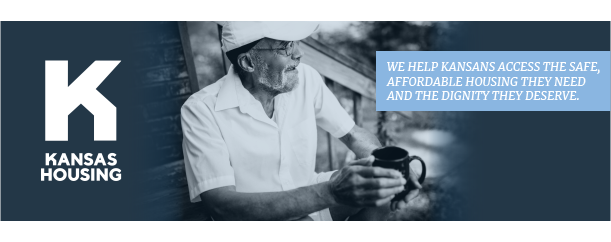TOPEKA – In response to increased reports of Electronic Benefit Transfer (EBT) card thefts across the U.S., the Kansas Department for Children and Families (DCF) is accepting requests for replacement of the stolen Food Assistance (also known as SNAP) benefits.
“Access to healthy food is a key component of a family’s well-being,” said DCF Secretary Laura Howard. “This program will help Kansans whose benefits have been stolen recoup those resources, helping to ensure they can provide healthy, nutritious meals for their family members.”
There have been fewer than 20 reports of stolen benefits in Kansas. Nationally the numbers are higher, which prompted the signing of the Consolidated Appropriations Act of 2023 by President Joe Biden in December 2022. The act includes a provision for the replacement of stolen EBT benefits with federal funds.
Food Assistance benefits eligible for replacement include those stolen from card skimming, card cloning, and other types of fraudulent methods between Oct. 1, 2022, and Sept. 30, 2024. Cardholders have 45 calendar days from the day of the theft to make a report to DCF. If the incident occurred between Oct. 1, 2022, and July 12, 2023, a report must be made by Aug. 26, 2023.
- Skimming – A method of obtaining personal data from EBT cards while they are used at an ATM machine or POS.
- Cloning – A type of card theft in which the thief makes a digital copy of the card information using a concealed or disguised electronic scanner to create a new physical card.
- Similar Fraudulent Events – Phishing or scamming attacks by criminals to obtain EBT card numbers to clone EBT cards or conduct online transactions.
If a Kansan believes their Food Assistance benefits have been stolen, they should contact DCF at 1-888-369-4777 or by calling the Fraud Hotline at 1-800-432-3913.
The USDA Food and Nutrition Services offers the following tips to prevent the theft of benefits through fraudulent activities.
- Avoid simple PINs. Number combinations such as 1111, 1234, or 9876 may be easy for others to guess.
- Keep your PIN and card number secret. Do not share your PIN or card number with anyone outside your household. Cover the keypad when you enter your PIN on a machine.
- Beware of phishing. State agencies and EBT processors will never call or text to ask for your PIN or card number.
- Change your PIN often. Change your PIN at least once a month, right before your benefit issuance date.
- Check your EBT account regularly for unauthorized charges. If you see any, change your PIN right away to stop the thief from making new purchases. Report suspicious activity to your local SNAP office.
###








